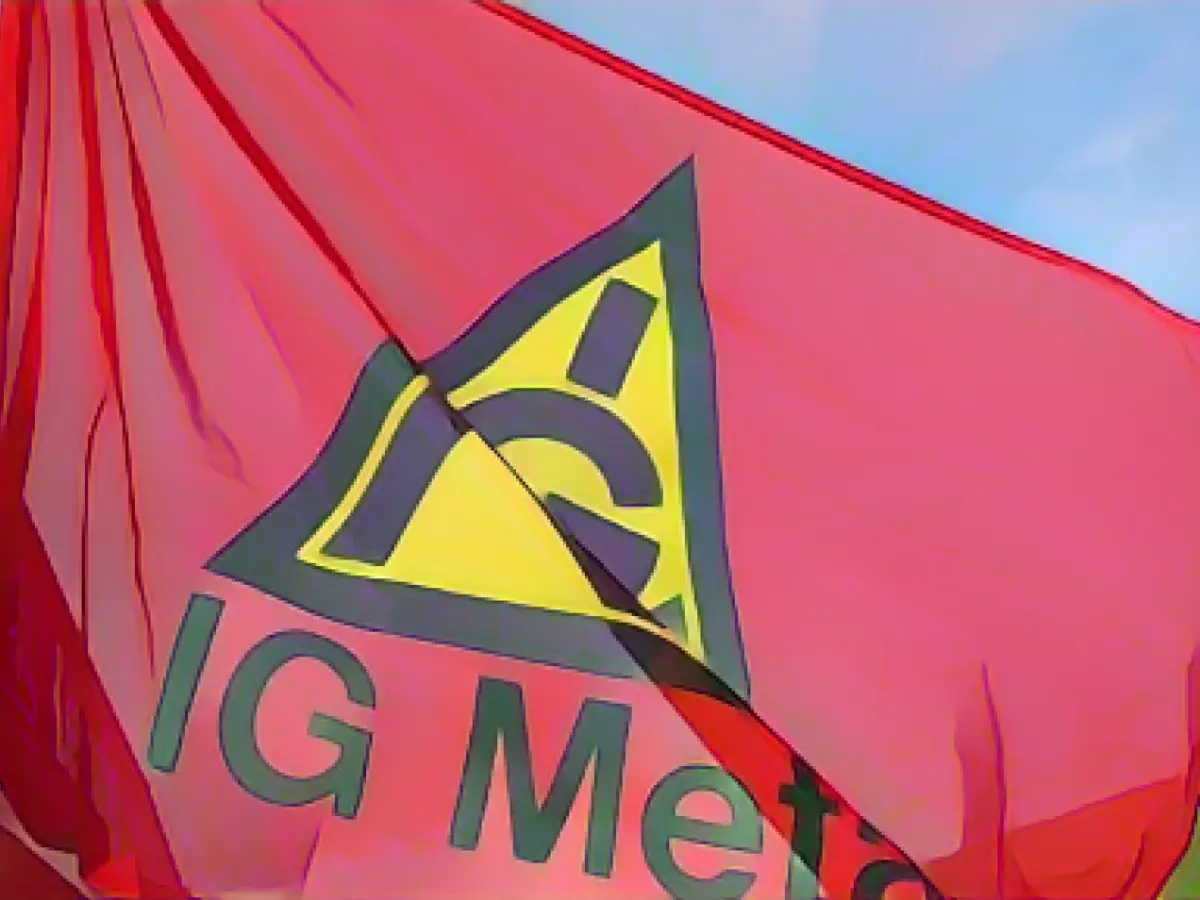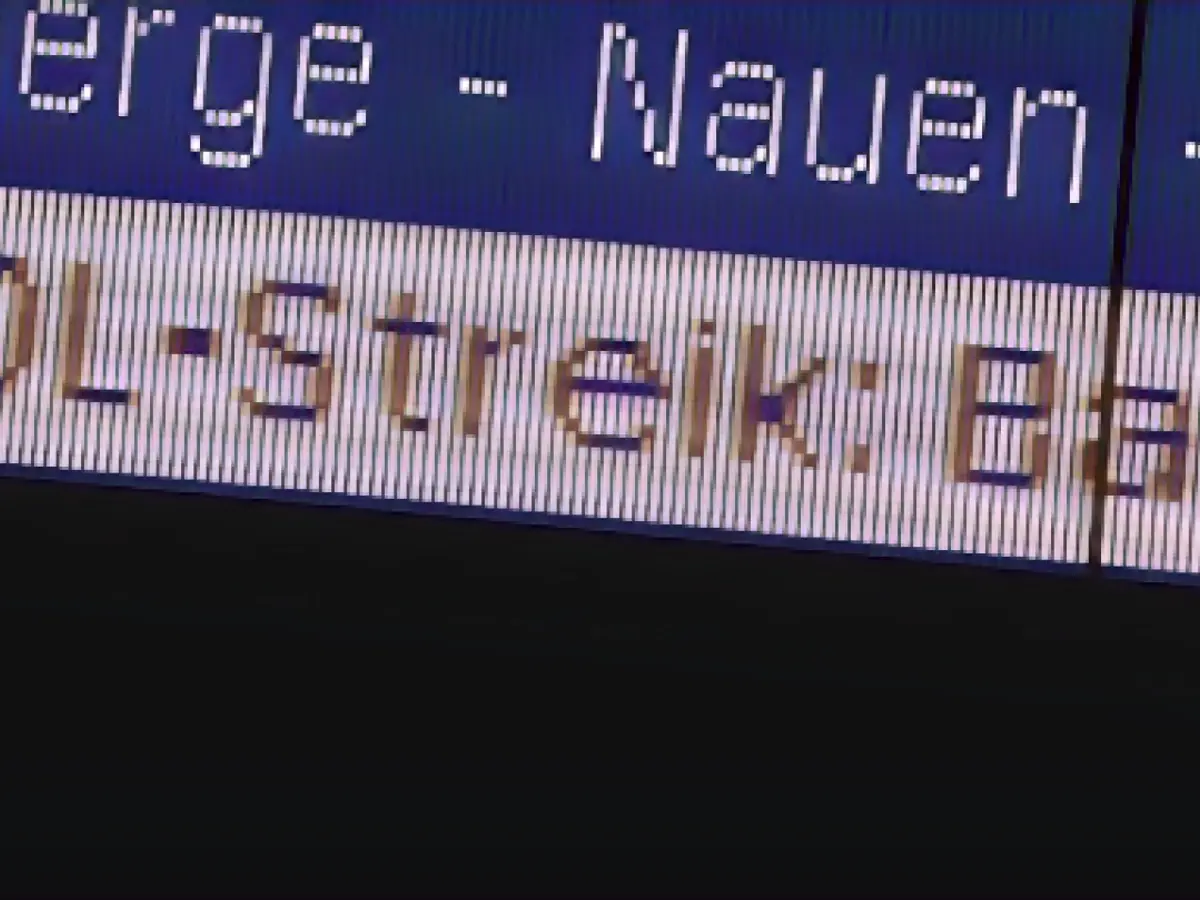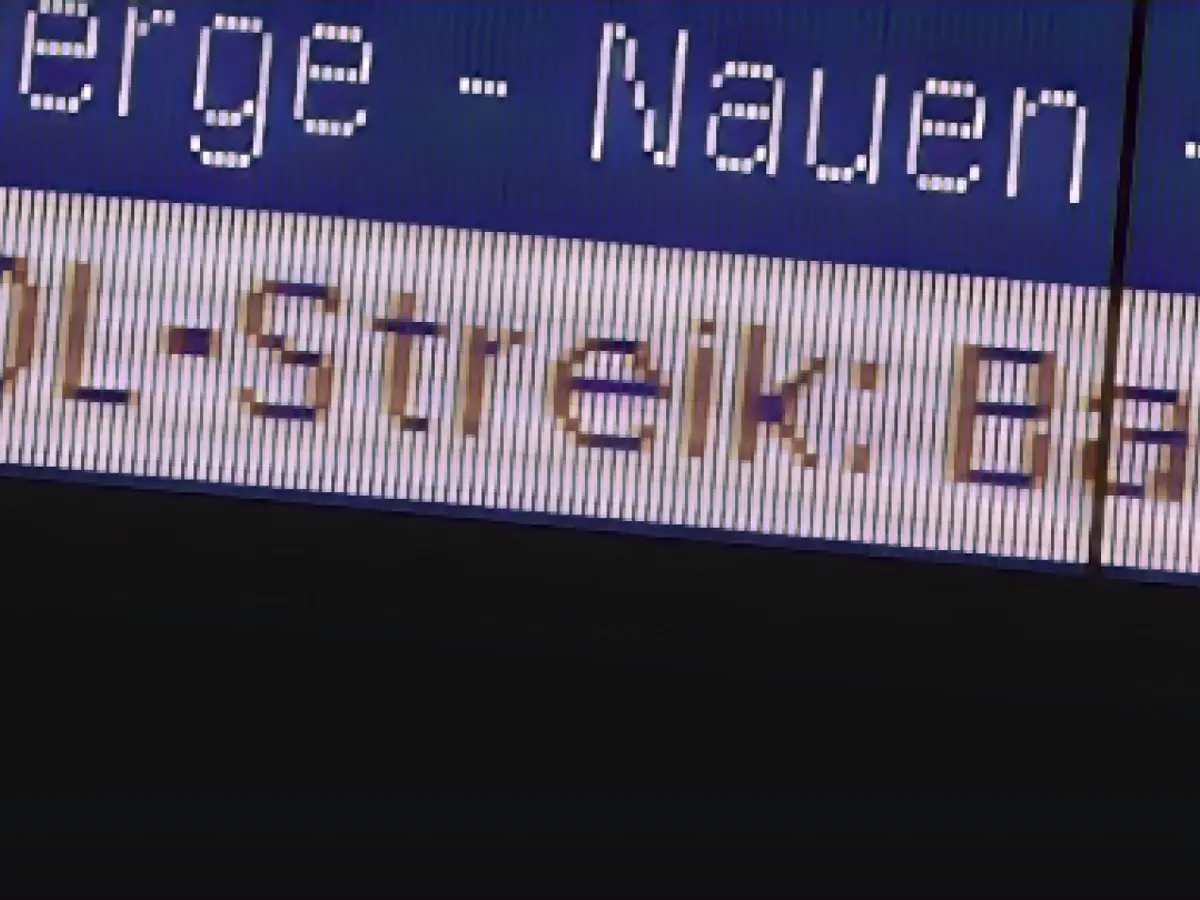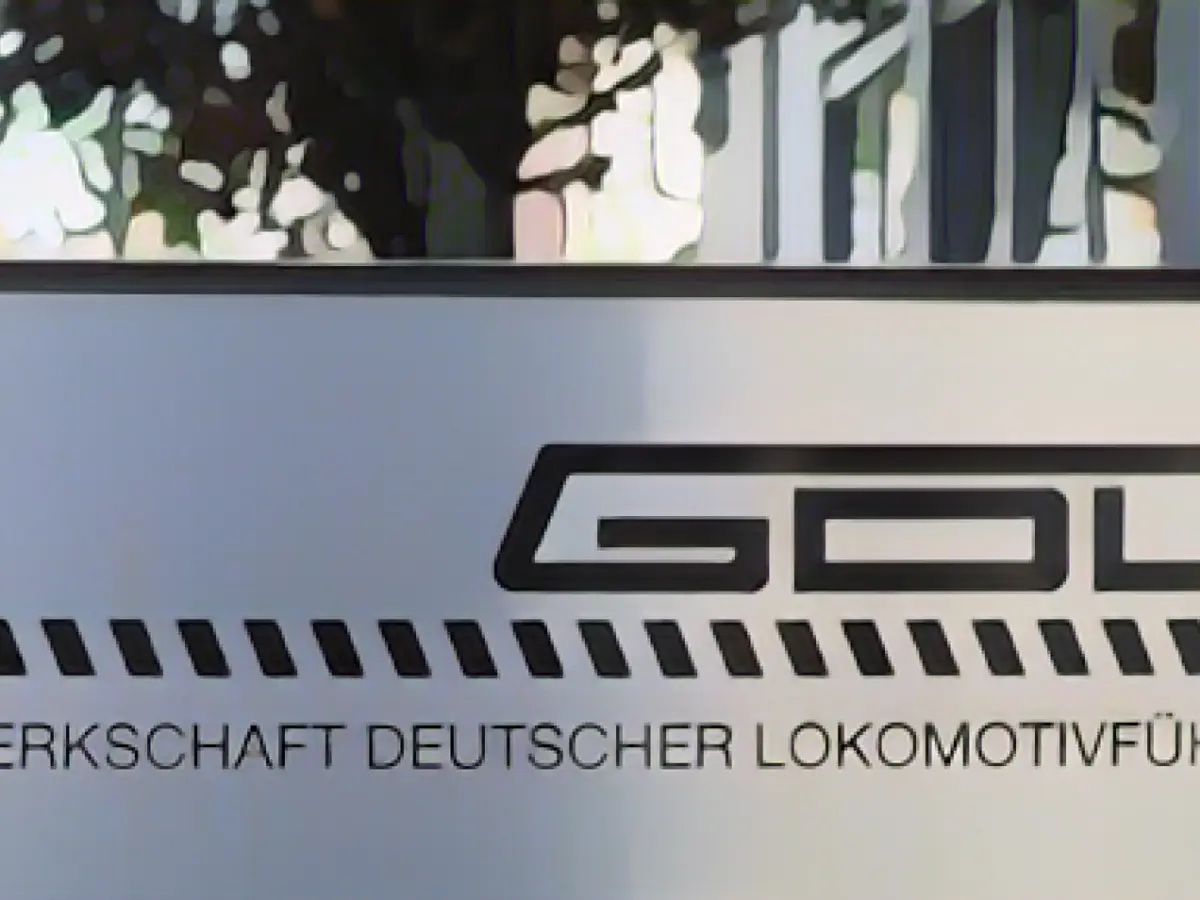Steel Industry Braces for All-Day Warnings Amid Unsuccessful Negotiations
Industry union IG Metall announced noteworthy warning strikes in the ongoing wage dispute with the steel sector, affecting both the north-west and east German industries. After days of negotiation and attempts to establish a compromise model on various topics, the discussions came to a halt, principally due to disagreements with the proposed pay increase. The first 24-hour warning strikes are scheduled to commence in the morning, with other companies following suit.
The industrial sector in eastern Germany also faces strikes. "The employers demonstrate no inclination to boost wages properly or drastically reduce working hours," said Dirk Schulze, the lead negotiator for the eastern steel industry. In response, IG Metall decided to suspend the planned negotiations in the eastern steel industry for Tuesday.
The steel employers' association criticized IG Metall's demands as "exaggerated," citing the financial challenges facing the sector and the imminent economic crisis. Managing Director Gerhard Erdmann claimed that IG Metall's attitude of evaluating employers' financial offers exclusively against their unprecedentedly high expectations, rather than considering the companies' financial capabilities, is irresponsible.
According to IG Metall, the employers have offered a one-off payment of 1,000 euros for January 2024 and a 3.5% pay rise from July 2024 with a total duration of 19 months. However, the union is demanding a more substantial 8.5% wage increase for a twelve-month term as well as a 32-hour workweek with full wage compensation.
Approximately 68,000 people are employed in the steel and iron industry in North Rhine-Westphalia, Bremen, and Lower Saxony, with another 8,000 in the eastern steel industry. Negotiations for the west are scheduled for December 15 in Düsseldorf, and negotiations for the east will continue on December 18.
In related news:
- German car manufacturers, heavily reliant on steel, have expressed concerns about the impact of the collective bargaining conflict on the steel industry and the broader economy.
- The steel industry employers' association described IG Metall's ideas as "completely exaggerated," citing the financial challenges facing the sector and the looming economic crisis.
- The failure to reach an agreement in the latest round of negotiations led IG Metall to announce a round of warning strikes in the steel industry across both north-west and east Germany.
- Despite the employers offering a one-off payment of 1,000 euros for January 2024 and a 3.5% payrise from July 2024, IG Metall is demanding a more substantial increase of 8.5% over 12 months and a shift to a 32-hour workweek with full wage compensation.
Enrichment Insights:
The ongoing situation in the German steel industry is a complex mix of financial challenges, labor disputes, and global competition. Labor disputes are exacerbated by factors such as the steel industry's significant energy costs, global competition from China, underinvestment in infrastructure, and clashes over co-determination, resulting in job cuts, outsourcing, and restructuring plans. The demands from workers and unions focus on better working conditions, fair compensation, and protection from job losses. The latest round of negotiations ended unsuccessfully, leading to IG Metall announcing warning strikes in response to the employers' apparently unsatisfactory financial offers.
- Economic Challenges:
- High energy costs, particularly due to recent geopolitical events, increase the cost of electricity and gas for energy-intensive industries like steel, chemicals, and glass.
- Global competition from countries such as China poses significant challenges to Germany's industrial sector, including in the automotive industry.
- Underinvestment in long-term projects such as rail lines and high-speed internet hampers economic growth and efficiency.
- Collective Bargaining Issues:
- The principal of "co-determination," giving workers a significant influence on company supervisory boards, is increasingly being questioned during corporate restructuring processes.
- The IG Metall union's deal with Volkswagen's central works council, resulting in significant job cuts, reduced bonuses, and delayed wage increases, has sparked criticism for prioritizing corporate interests over workers' rights.
- Warning Strikes:
- The trade union ver.di has called for warning strikes at HHLA terminals in Hamburg, affecting operations and causing disruptions, as part of broader labor disputes aimed at pressure employers to reconsider restructuring plans and improve workers' conditions.








